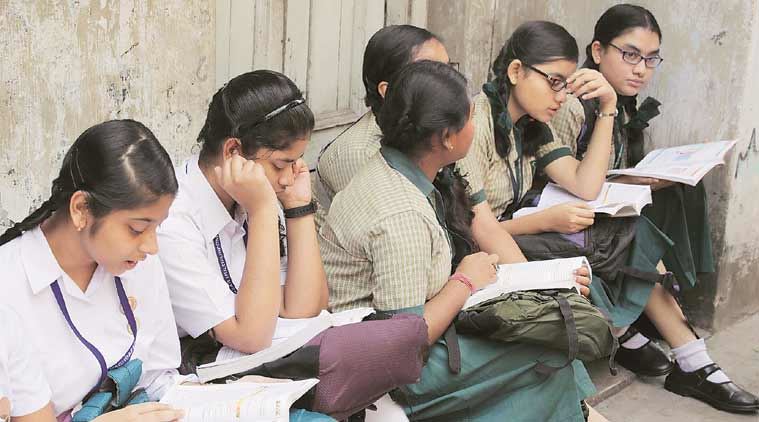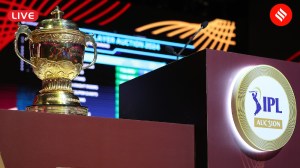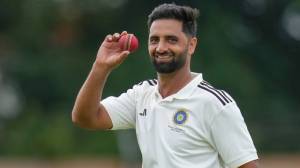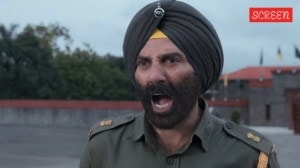 As per the latest orders issued by the PSEB, 15 topics for class 9 and 23 for class 10 have been removed from the syllabus to lessen the burden on students and reduce difficulty level. (Representational image)
As per the latest orders issued by the PSEB, 15 topics for class 9 and 23 for class 10 have been removed from the syllabus to lessen the burden on students and reduce difficulty level. (Representational image)
In a major relief to class 9 and 10 students, the Punjab School Education Board (PSEB) has revised the syllabus for computer science reducing the difficulty level and doing away with lengthy topics, which the students were “studying unnecessarily”. Some obsolete topics have also been removed.
Computer science is a compulsory subject from class 6 to 10 in government schools of Punjab and students, especially in rural areas, were feeling “overburdened” with the lengthy and difficult topics in the syllabus. According to the teachers who had demanded an update in the syllabus, many topics were beyond the level of class 9 and 10 students and some were even of class 12 and graduation level.

As per the latest orders issued by the PSEB, 15 topics for class 9 and 23 for class 10 have been removed from the syllabus to lessen the burden on students and reduce difficulty level. The decision has been taken following “feedback from the field”. The updated syllabus will be applicable for final exams in 2019-2020.
For class 9, some topics that have been removed include number groups, changing chart type, pivot table, what if analysis in MS-Excel; entity and its attributes, entity relationship diagram, and database object in database management system (DBMS) among others.
For class 10, topics that have been removed include home schooling programme record in office tools, history of HTML, difference between cellspacing and cellpadding, difference between container and empty tag, types of links, frames, cascading style sheet in HTML; architecture in operation systems, modernisation of desktop publishing; tabs, catalogue and paper folding project in Microsoft Publishing among others.
Speaking to The Indian Express, Gagandeep Singh, a teacher from Mohali, who was part of the committee constituted to revise the syllabus, said, “We received feedback from teachers that students, especially in rural areas, were facing difficulty in some topics. Class 9 students faced major problems in MS-Excel. For class-10, the HTML portion had some unnecessary topics.”
Teachers meanwhile said that though books for the subject were revised few years back, they still had many topics, which students need not study at this level. “Class-11 and 12 books are having topics like C and C++ language, which we study at graduation level,” said a teacher.
Story continues below this ad
The teachers said that some schools do not even have proper computer labs or systems due to which it becomes difficult to make students understand theory without any practical knowledge. In the paper carrying 100 marks, 60 is for theory and 40 for practical.
This year, in class 10 board results, 2,074 students had flunked computer science in Punjab.

 As per the latest orders issued by the PSEB, 15 topics for class 9 and 23 for class 10 have been removed from the syllabus to lessen the burden on students and reduce difficulty level. (Representational image)
As per the latest orders issued by the PSEB, 15 topics for class 9 and 23 for class 10 have been removed from the syllabus to lessen the burden on students and reduce difficulty level. (Representational image)




























